Marketing Breast-Milk Substitutes
How often have you seen misleading, inaccurate advertisements about breastfeeding? It can be subtle. It certainly is pervasive on social media. This is manipulative marketing. It makes it more challenging for those who want to support human milk for all babies.
Manipulative marketing is designed to “control or play upon by artful, unfair or insidious means, especially to one's own advantage.”* Tired and anxious parents are the obvious and especially vulnerable targets.
The W.H.O Code (a.k.a the International Code of Marketing of Breast-Milk Substitutes) was created to protect parents/families from this manipulative marketing. It defines guidelines for manufacturers and health care providers on how to limit deceptive promotions that prey on parents. It does not prohibit the sale or use of infant formula.
‘Enforcement’ of the W.H.O Code is voluntary. That is, countries that sign on to the W.H.O Code agree to its principles and take action to put it into legislation. The United States recently took ‘No Action”, meaning this country is not working to put this into legislation. Then-President Donald Trump sent a tweet stating: “The U.S. strongly supports breast feeding but we don’t believe women should be denied access to formula.” (1:04 PM – Jul 9, 2018)* This is an example of misinformation. Women would not be denied formula (a.k.a Artificial Infant Food.)
Again, the W.H.O Code does not prohibit the sale or use of formula. The W.H.O Code focuses on preventing manipulative marketing tactics.
More is needed to make The W.H.O Code effective. You can help! You can participate in an extensive research study. This project is called Surveying the Landscape of Breastmilk Substitute (BMS) Marketing Practices in Four Countries. The purpose is to discern the scale of undermining messages and misinformation. Learn more about this research study and sign up to participate.
Described as a ‘Scavenger Hunt’, this original approach can engage more people and raise awareness. Grandparents, parents and other consumers find and document examples of manipulative marketing that promotes formula over human milk. By collecting this data, the study’s authors can determine the W.H.O Code’s effectiveness and generate improvements. The goal, ultimately, is to improve breastfeeding rates.
Examples of manipulative marketing of formula include:
• Using scientific words like ‘brain health’, ‘neurodevelopment’, ‘gut microbiome’ to imply health benefits from a specific formula though there are no valid studies to prove this.
• Insinuations that formula will solve common ‘problems’: crying jags, frequent feeding and more. Claims that with formula a baby will sleep better are baseless. Yet these all are aimed directly at a parent’s fatigue and anxiety.
• Text and images that idealize formula feeding or including pictures of infants on formula containers are prohibited by the W.H.O Code.
•Free samples, given to clinicians, parents and even grandparents, subtly undermine positive support. For this reason, maternity hospitals around the nation have “banned the bags” to prevent formula marketing in the hospitals. Maine’s birthing hospitals have signed on and Massachusetts passed legislation for a statewide ban.
•Sponsoring academic or professional education, having displays/posters in clinics are ways to associate the formula company with credible research and health care centers. It also creates some obligation from the professionals to the formula company.
When you start recognizing the subterfuges, you can help families see it, too. Learn more about this research study and sign up to participate:
Of all the things that are confused and messed up in our world, breastfeeding and the use of Human Breast Milk is a profoundly good thing. This ‘Scavenger Hunt’ research survey is another way to make providing Human Breast Milk more possible for all families.
More Resources:
The Yale University School of Public Health recently had a very good review about marketing of infant formula.
This is a link to a very good summary of The WHO Code.
More information about harmful marketing and countries adopting the W.H.O Code.
Here’s the link to the research study again: https://surveyswesternsydney.au1.qualtrics.com/jfe/form/SV_cN14ryUEZriqHL8
